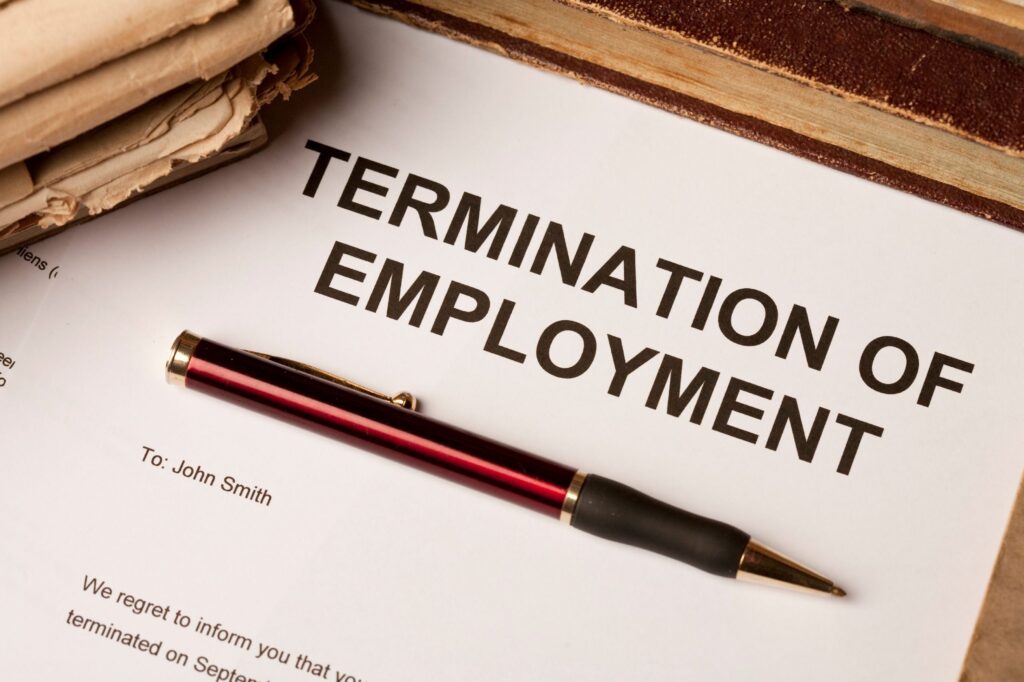Redundancy is never an easy situation to deal with. That goes for employer and employee.
And yet, redundancies are part and parcel of working life. And because of that, it’s important that each redundancy situation is handled correctly and consistently. Not handling a redundancy fairly, or skipping certain stages, could result in a claim for unfair dismissal, something every employer wants to avoid.
To find out how you must conduct a redundancy procedure to avoid an unfair dismissal claim, read on…
What constitutes an unfair dismissal?
A dismissal could be deemed unfair for one of several reasons. These are outlined under the Unfair Dismissals Acts 1977-2015 which states that a dismissal is unfair when an employee is dismissed for:
- Religious or political opinions.
- Involvement in legal proceedings against an employer.
- Making a protected disclosure under the Protected Disclosures Act 2014.
- Race, colour, sexual orientation, age, or membership of the Traveller community.
- Pregnancy, giving birth, breastfeeding, or any matters connected with pregnancy or birth.
- Membership or proposed membership of a trade union or engaging in trade union activities.
- Availing of rights under legislation to maternity leave, adoptive leave, paternity leave, carer’s leave, parental leave, or force majeure leave.
Dismissal is also deemed unfair if the employee has been unfairly selected for redundancy.
The importance of a genuine redundancy situation
For any redundancy to be deemed fair, evidence of a genuine redundancy situation must be established before beginning procedures. Examples of a genuine redundancy situation include:
- Business closure.
- Financial difficulties.
- Technical advances e.g., new technologies.
- A decrease in demand for the employer’s goods or services, leading to a shortage of work.
Once a genuine redundancy situation has been established, you must ensure that the employee had the benefit of fair procedures before dismissal and that the selection process was fair. Unfair dismissal claims commonly stem from an employee questioning these procedural steps.
This underlines the need to have a well-written and reliable redundancy policy in place. Your policy should outline the procedure and its steps, including:
- Notification
- Consultation
- The selection process that any final redundancy decisions will be based on
What constitutes a fair selection process?
A fair selection process can involve several employees who work the same or similar jobs. When selecting an employee for redundancy, the process must be transparent and fair and ensure that the selection for redundancy is:
- Not due to one of the automatic unfair reasons for dismissal.
- Not in contravention of an agreed selection process or past custom and practice in respect of selection.
If you have no policy or procedure in place, the general rules of fairness and reasonability apply. If the same applies in respect of selection, agree on the selection method and any associated criteria before beginning the redundancy consultation process. By securing agreement to the selection method, you reduce the chances of undertaking an unfair redundancy selection process.
One example of a selection method is ‘last in first out’ (LIFO). However, the best method to choose will ultimately depend on your business needs and the role being made redundant.
What are the steps of a fair redundancy process?
A redundancy process must satisfy the “reasonableness” test set out in Unfair Dismissal legislation. For this requirement to be met, you must undertake a redundancy consultation process. This involves conducting consultation meetings with the affected employee that aim to confirm they:
- Understand the reasoning behind the potential redundancy situation.
- Agree to a method for selection.
- Are given the opportunity to explore alternatives to redundancy.
You’re also required to give the employees the option of having representation throughout this process. Only after these consultation meetings should you confirm to the employee, by way of a termination letter outlining their entitlements, that they’re being made redundant.
Need further advice on redundancy procedures?
For further advice on redundancy procedures, speak to an expert on 01 886 0350 or request a callback here.








